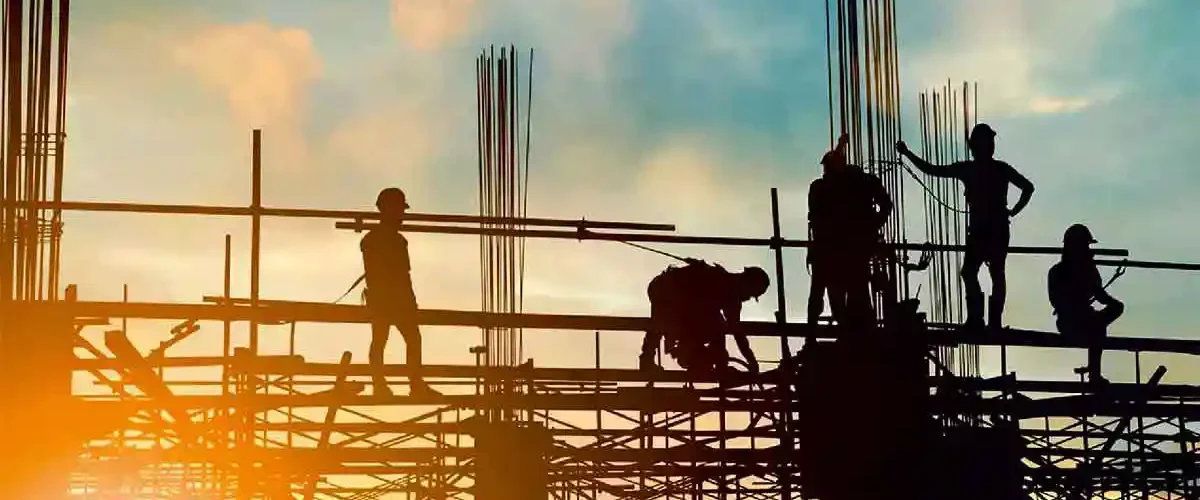The Arizona business community and city leaders are urging lawmakers to pass legislation that would spur the development of infrastructure to attract major advanced manufacturing investments.
The bill, HB 2809, sponsored by state Rep. Michael Carbone, R-Buckeye, updates a law originally adopted in 2012 that directs construction sales tax dollars generated by major projects into surface roads, water, and wastewater infrastructure to support the private business investment.
The original law capped the amount that could be recaptured by cities across the state at $50 million total. The Legislature in 2022 raised the cap to $100 million, but economic developers say that limit will soon be reached, which could chill the state’s ability to attract more blue-chip manufacturers as local governments would struggle to develop the infrastructure necessary to support such large investments.
The bill proposed by Carbone would allow the project city to recapture up to 80% of the project’s construction sales tax revenues and redirect them to infrastructure. To qualify, a project in Maricopa and Pima counties would have to be more than $500 million, while projects in all other counties would have to be more than $50 million.
Business leaders including Danny Seiden, the president and CEO of the Arizona Chamber of Commerce & Industry, Greater Phoenix Chamber President and CEO Todd Sanders, and Arizona Technology Council President and CEO Steve Zylstra, as well as city leaders like Phoenix Mayor Kate Gallego sent a letter on Wednesday to members of the state House of Representatives urging passage of the bill.
The coalition says the program “recognizes major manufacturing produces enormous regional and statewide benefits,” but that “the cost of developing or expanding the public infrastructure to support these projects creates significant cost challenges for the hosting municipality,” which passage of the legislation would help alleviate.
“When we try and get businesses to expand in state, or come to our state, infrastructure and talent are always the top two things that come into play,” Seiden told the House Commerce Committee in a hearing on the bill last month. “This tool is one of our top selling points for them, so allowing us to expand it and keep it going is very helpful.”
Carbone said he wants to be sure the state has the tools to remain economically competitive and that he wants economic developers to promote the state “without hesitation or risk.”
“We don’t want to find ourselves in a situation where our economic development incentives create uncertainty or regional winners and losers,” he said. “I believe this program will continue to support large economic development projects statewide based on our current economic pipeline projections.”
Specific qualifications must be met for a city to be able to participate in the program, including that the infrastructure built must be for “qualifying advanced manufacturers certified by the Arizona Commerce Authority.”
Arizona Manufacturers Council Executive Director Grace Appelbe said Carbone’s bill is fiscally responsible.
“The business community and cities aren’t looking for the state to spend anything on this program,” Appelbe said. “We’re talking about sales tax dollars generated from the construction of job-creating manufacturing facilities that are then reinvested back into the community infrastructure that advanced manufacturers require. This bill means more jobs for Arizona without overburdening state and local taxpayers.”
The House Commerce Committee unanimously passed the bill. It now awaits a vote of the full House.
















Add comment